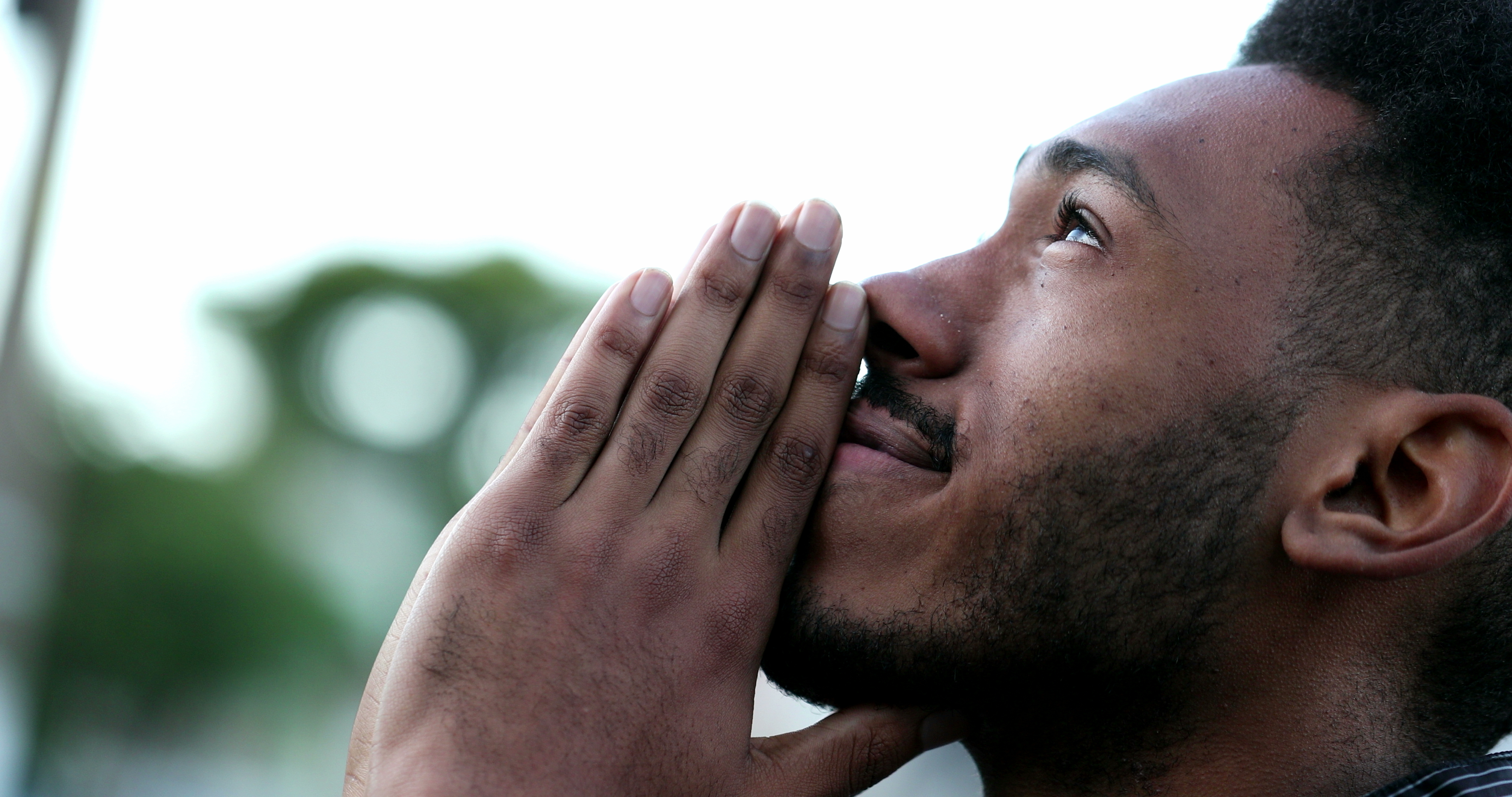I wanted to be a strong Christian. Most of the time, I just felt guilty.
And uneasy.

Apparently, I’m not alone. I frequently have conversations with well-intentioned, believing people who are also full of striving and a vague insecurity. If blessed assurance is supposed to be the Christian’s experience, something seems off.
Whenever we gather for corporate worship, we talk and sing about the wonders of God’s amazing grace. We praise him for his ability to save and forgive us. Yet as we return to the everyday world, those concepts fade into the background. The available evidence suggests we don’t place much confidence in grace when it comes to the most practical aspects of life. We’re still relying heavily on our own defenses.
Such reluctance to trust is not without reason: our experiences and training conspire to tell us everything hangs on our own capacity to achieve our way to God. We’ve been shaped to consider grace as more of a backup quarterback who only gets called into play when things are especially dire for the team.
My point is not to critique, but as I’ve observed my own actions and those of others, an unsettling realization has emerged: much of the activity we bill as Christian isn’t generated by faith at all.

A bold generalization, to be sure. But ask yourself: does trusting Christ produce the fear and anger so many Christians display toward the world he died to save? Does faith in the cross call for so many books and sermons promising some additional “secret” to a deeper life with God? Does belief that we are all equally in need of—and fully invited to—the table of grace generate the endless comparison and judgment found within church circles?
That is not to say our efforts at being good are insincere. In fact, the opposite is true. Large numbers of Christ followers are driven by a genuine desire to be faithful servants. We live in the hope of pleasing God. We want him to smile and make his face shine upon us.
But that’s just it. We’re not entirely sure he is satisfied. There is a bone deep insecurity, no matter how strong of a show we’re presenting to the world. Even those of us steeped in a lifetime of walking with Jesus don’t always live as though we are counting on the fact that the Son within us perfectly pleases the Father already, let alone that God could truly find us lovable. We’ve been shaped to consider grace as more of a backup quarterback who only gets called into play when things are especially dire for the team.

We default to dependence on our own striving. In short, we supplement Christ’s work any way we can to shore up the ground beneath our feet.
During the Beijing Olympics of 2008, one TV report profiled an American athlete and her visit to an ancient Buddhist temple near the Olympic village. She herself wasn’t religious, but she stopped to rub the belly of a Buddha statue on her way out, just for some pre-event good luck. She knew her athletic abilities were solid, but if there was a little extra boost of something that could tip fate her direction, she told the cameras she figured it couldn’t hurt.
Such pragmatic superstition creeps into the way we think about the relationship between our deeds and God’s blessing. And why would we think otherwise? We have so little context in life for unearned grace, so few relationships where we’ve encountered it firsthand. While we’re grateful for the cross, we can barely conceive of what it represents. So we’re not above tacking on some insurance, reinforcing our eternal standing with whatever might cover a few more bases, just for good measure.
Even still, we feel a bit precarious, because a nagging voice in the back of our heads reminds us that there’s something in the Bible about how we all fall short. What if that is what’s truest about us? We convince ourselves that in the end, what God cares about is that we’re trying our best and that we want to be good.
He’s looking for effort and heart, isn’t he?
Taken from Perfectly Suited by J.D. Peabody Copyright © 2022. Used by permission of Aspire Press, and imprint of Tyndale House Publishers.

What do you do when your own mind turns on you?
Fear, anxiety, and the critical voices in your head can be overwhelming—even if you believe Christ died to free you from those things. When J. D. Peabody found himself in a mental and emotional meltdown, he reached for the armor of God. In the process, he discovered God’s protection and grace were far greater than he had previously imagined.
Perfectly Suited explores the armor of God through the lens of personal struggle, showing how the ancient metaphor for God’s care is powerful for his embattled children in every generation.
Perfectly Suited by J.D. Peabody is available wherever














What do you think?